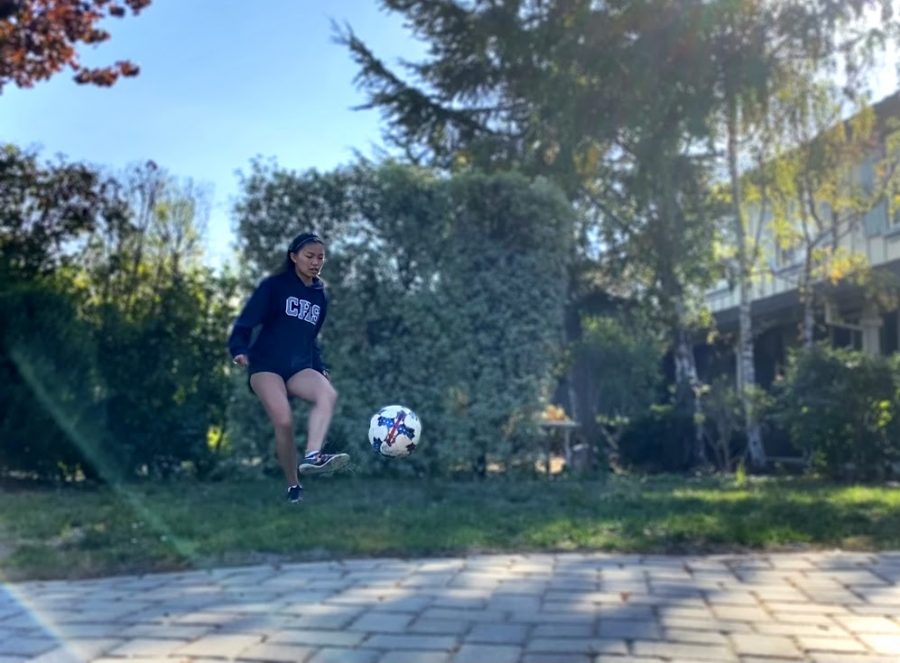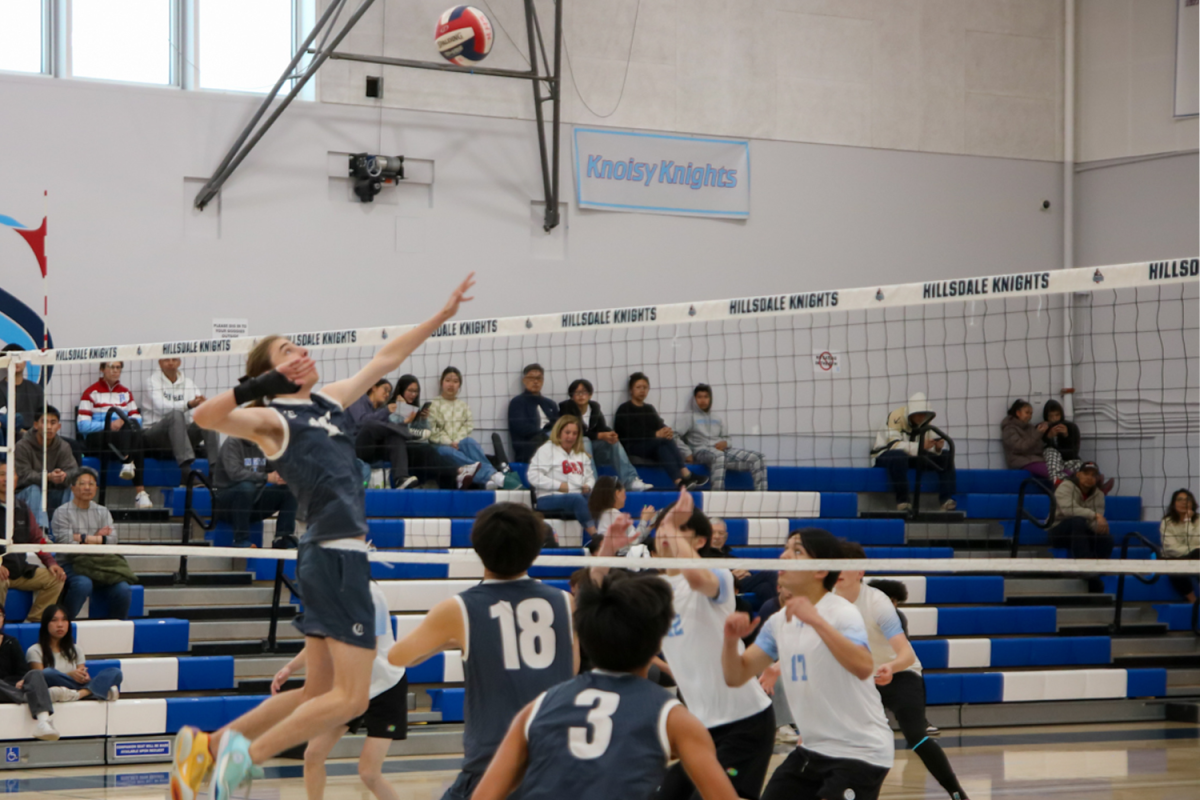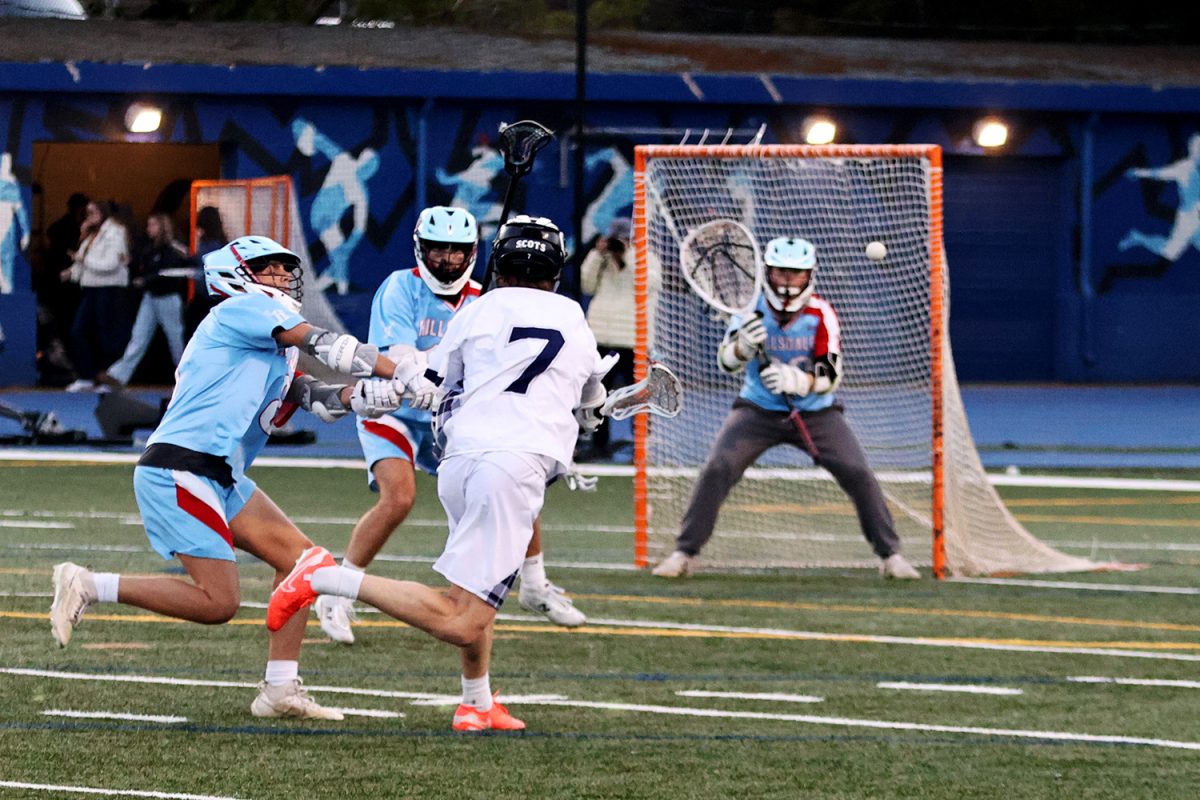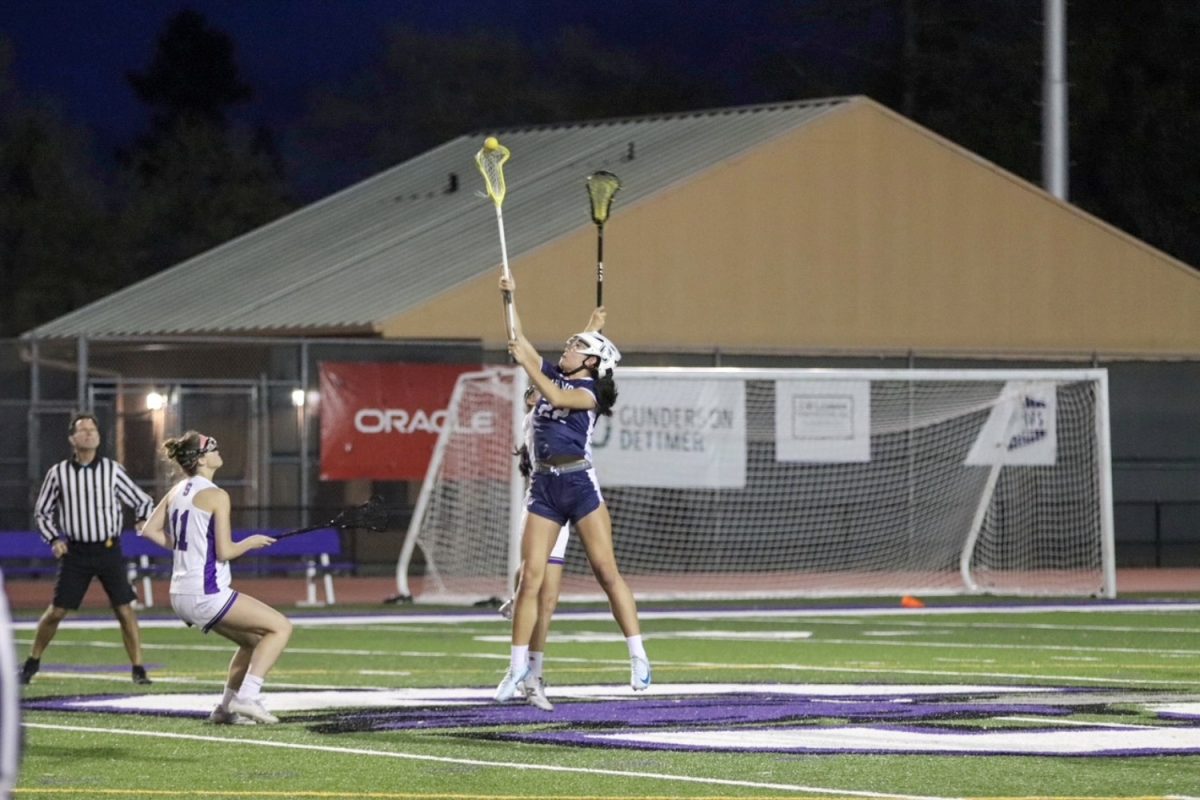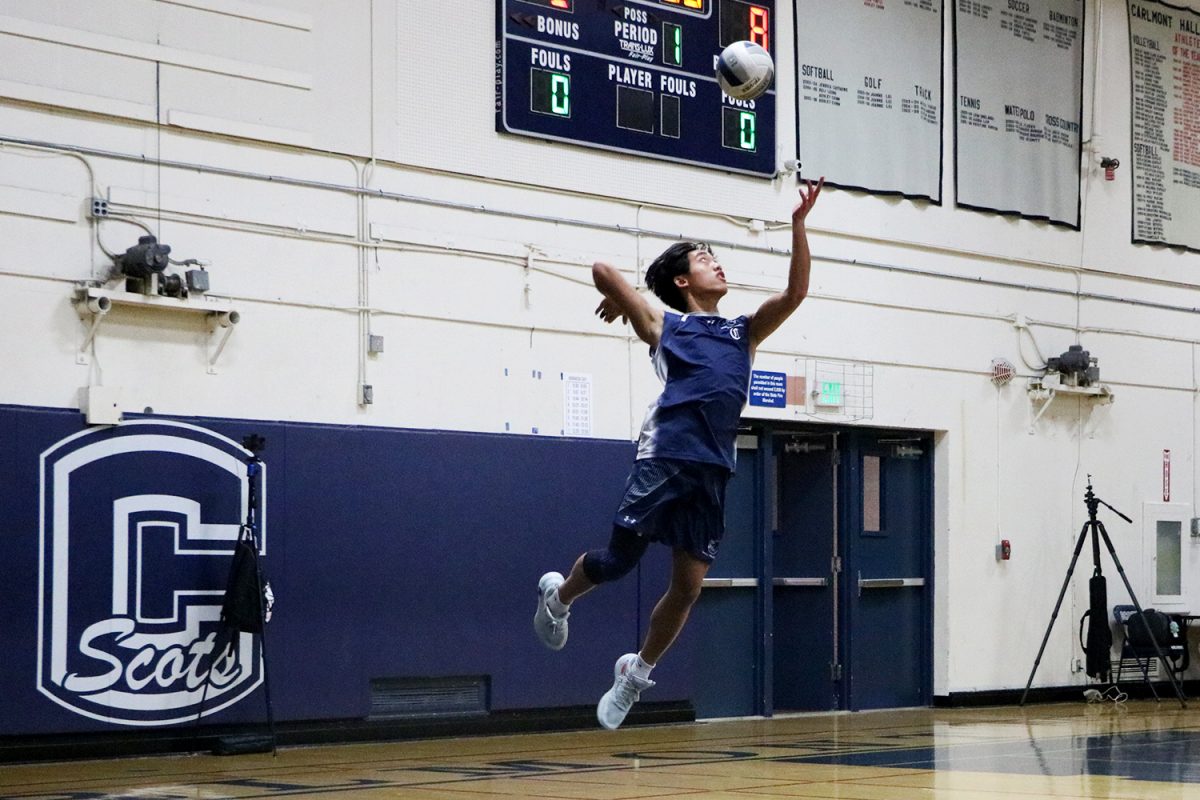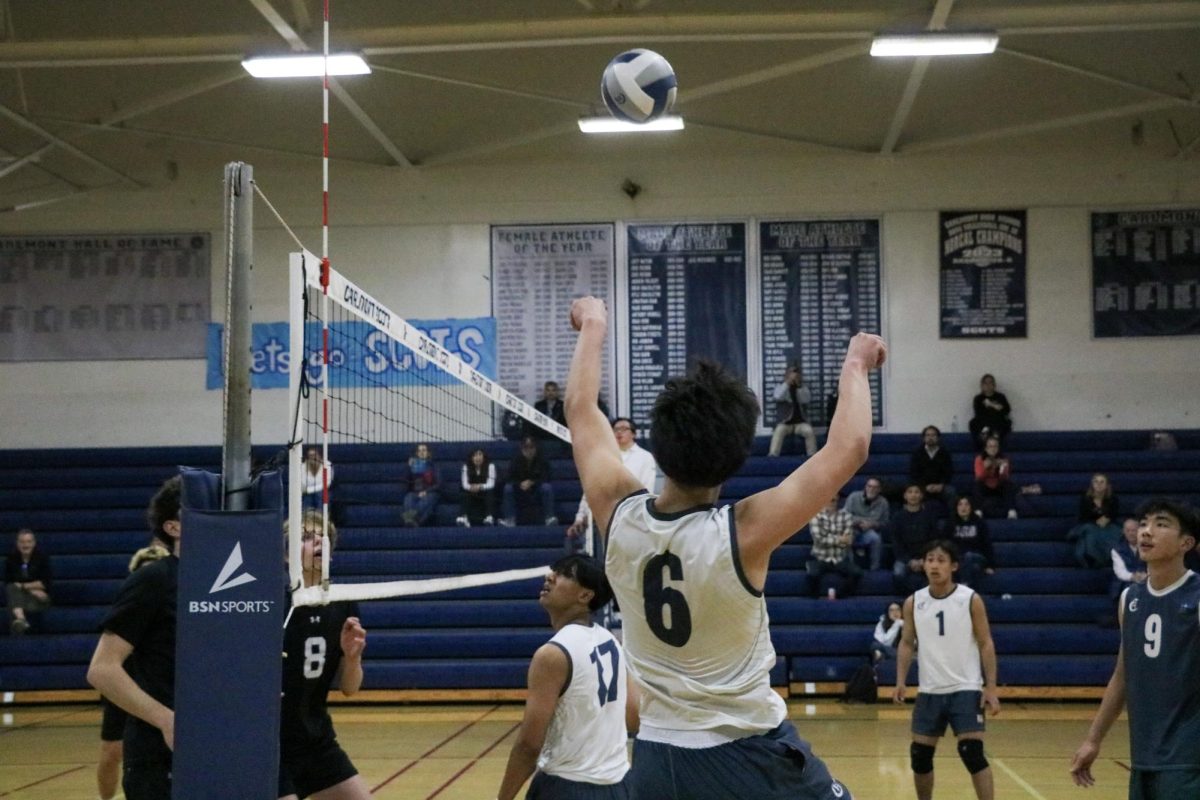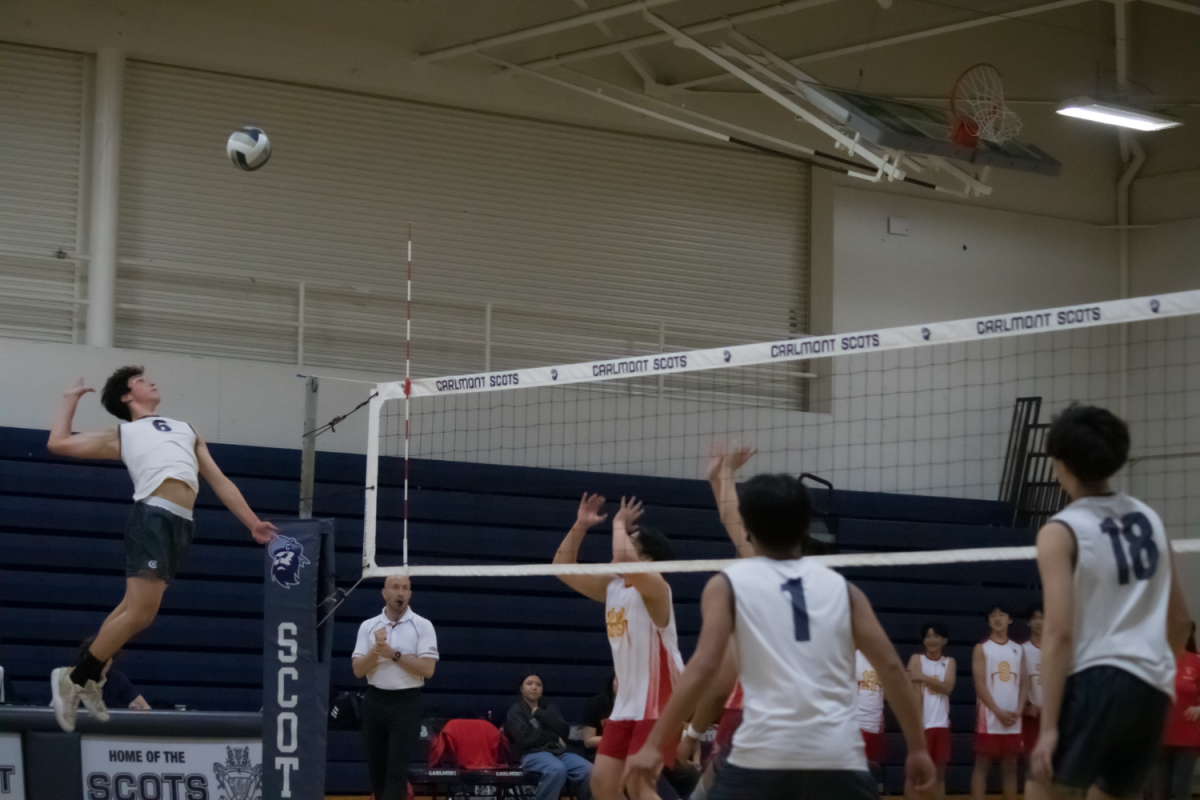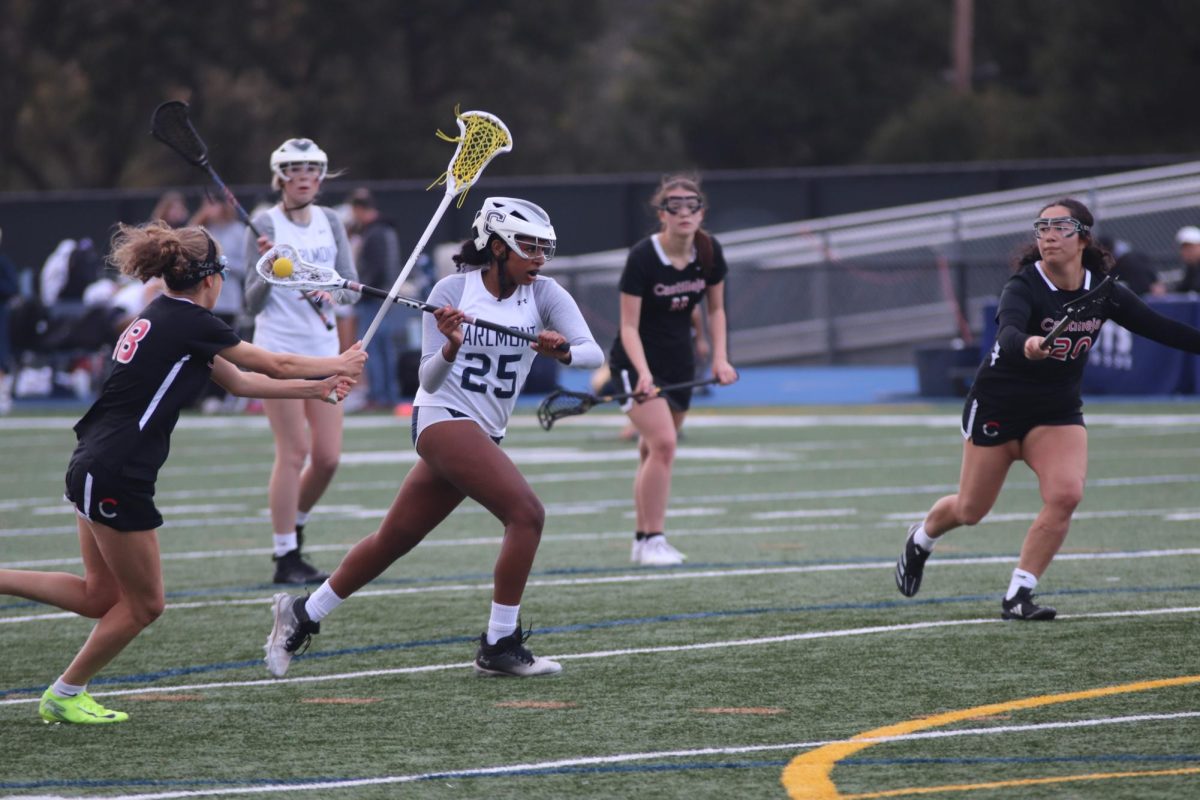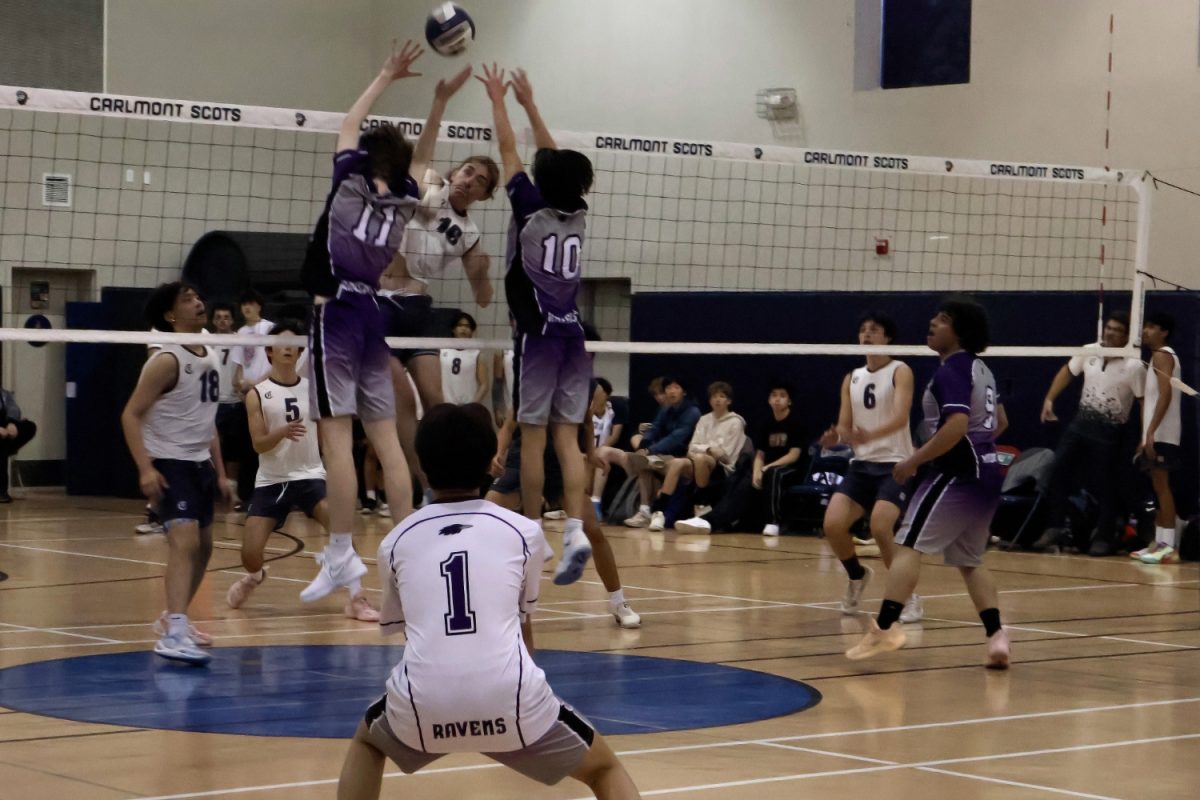Although most student-athletes at the high school level play club and school sports, some have a preference. A percentage of student-athletes play one or the other because they feel one team has more benefits, such as stronger bonds between players or a reduced chance of injury.
“[In school] it’s different because you have way more friends on the team,” said Atharva Abhyankar, a sophomore at Carlmont who plays school and club basketball. “You know them from class, and it’s easier to communicate.”
Outside of school, there is a wide variety of training offered for almost every sport one would typically see in a high school athletic program. Both have their perks, which is why most student-athletes choose to play school and club. However, concentrating on one allows certain players to focus on that particular team’s success.
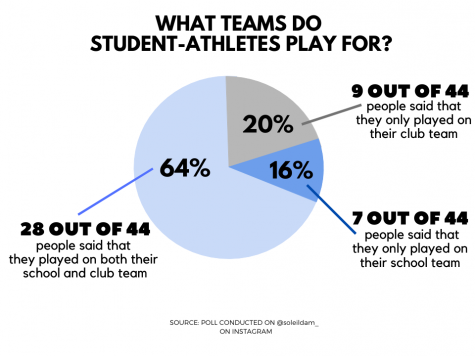
“Playing for your school is a very special thing, and we’ve specifically tailored our club schedule to fit the high school season,” said Ali Magner, a director at Encore Volleyball Club and head coach at Sacred Heart Prep. “We want [all our players] to play high school if they’d like to.”
Many athletes have different opinions about their preference between playing club and playing for their school. Factors like the coaching staff, college recruiting opportunities, teammates, and camaraderie all go into deciding which team(s) to play for.
“If a player wanted to pursue collegiate sports, I would recommend that they play club because it provides a little more from a resource standpoint,” Magner said. “For instance, we have a recruiting director here at Encore.”
For both club and school sports, the skill set of the players heavily influences the team’s level of success. Having a broad range of skill levels on a team can be a controversial topic among athletes.
“I liked playing with my classmates because we could learn different things from each other; the more advanced players on my [golf] team taught me a lot,” said Hannah Nebres, a sophomore who runs track and plays golf for Notre Dame.
In contrast, Ella Yee, a sophomore who plays soccer for the Scots and Peninsula Youth Soccer Club, talked about how the range of skill sets on her school team hindered her experience.
“My school team had so many different skill levels, which meant we all had to practice the basics, and it wasn’t very beneficial for me,” Yee said.
Despite their views on the level of skill, athletes generally feel a sense of loyalty to their school program because it is such a big part of their lives.
“When you play for your school, you are representing this brand that is your school, and it’s a culture that is deeply embedded in these kids,” Magner said.
Being a high school athlete will always be something that one should look back on as a joyful experience. All organizations and players are unique in their ways, and athletes should choose what fuels their desire to play and makes them happy.
“It should be what you love,” Magner said.

